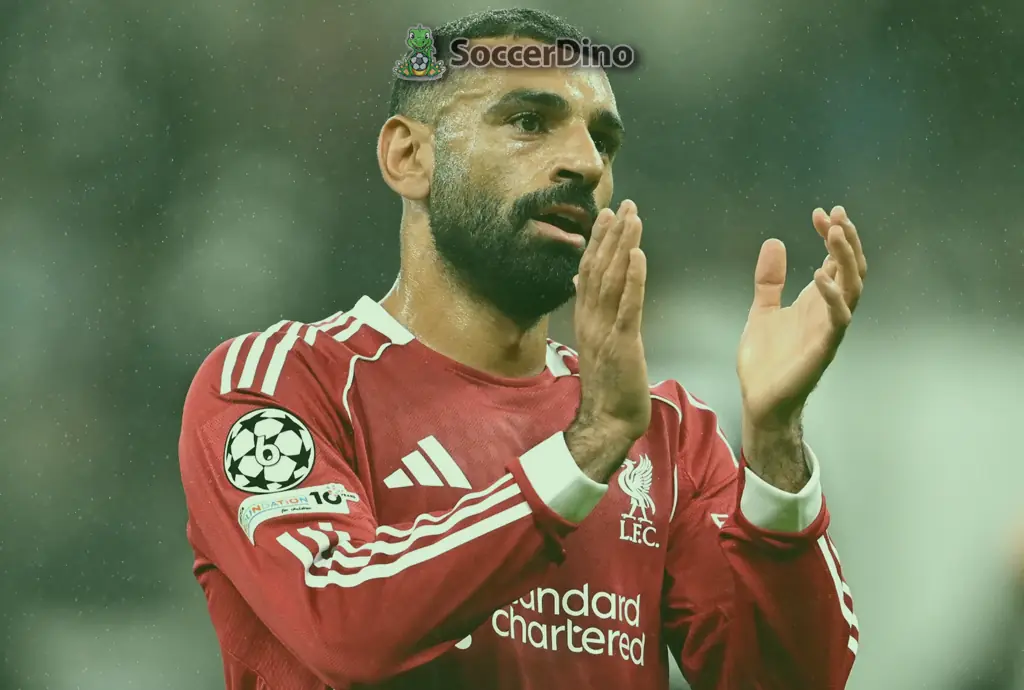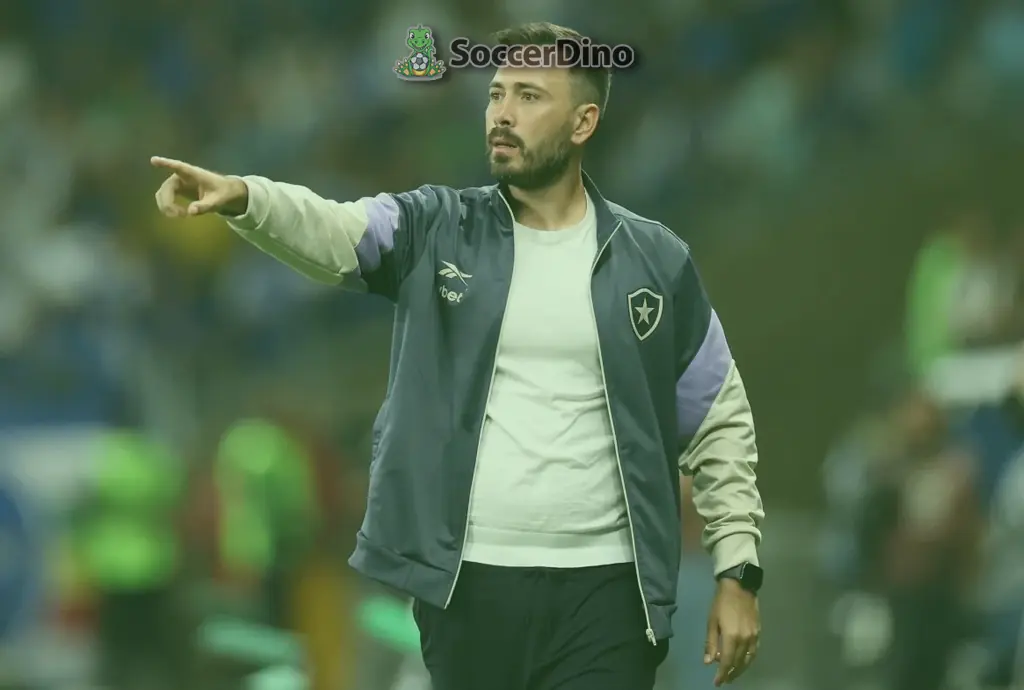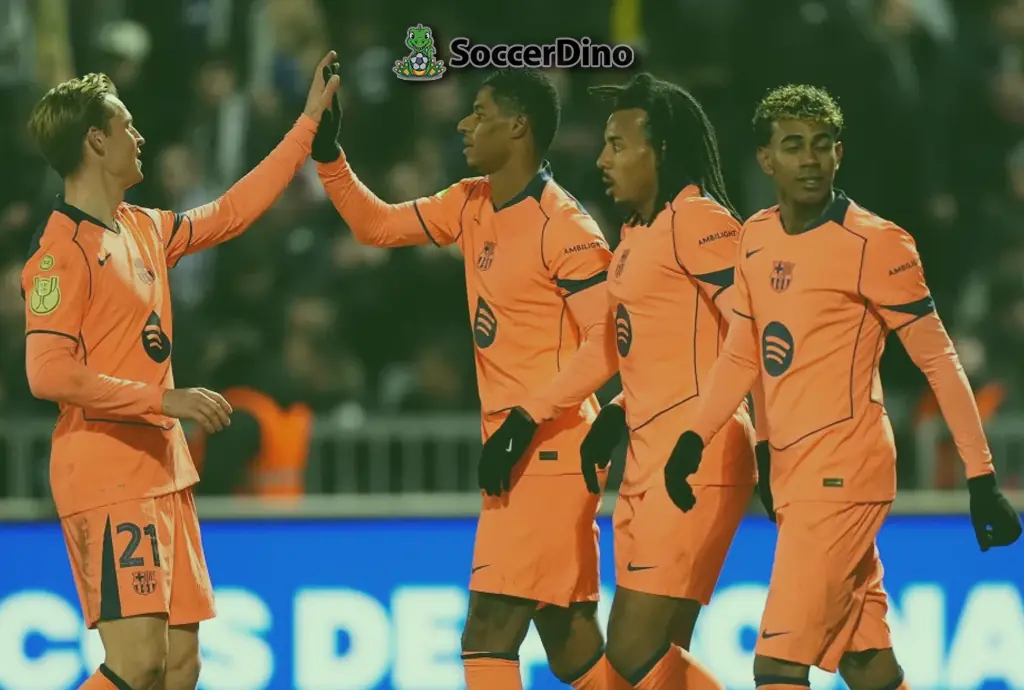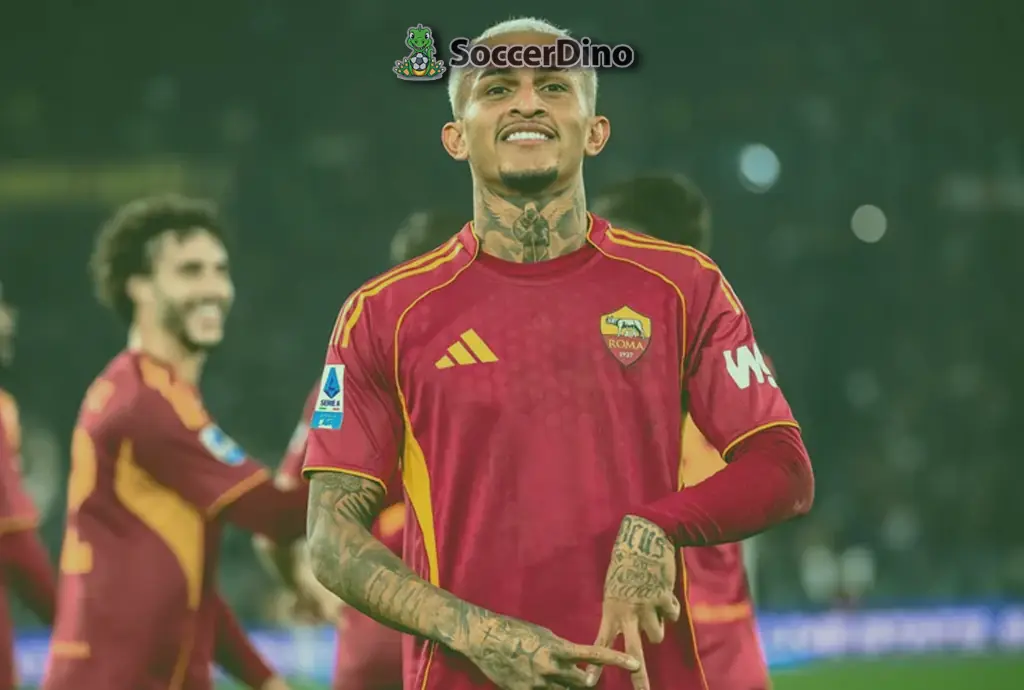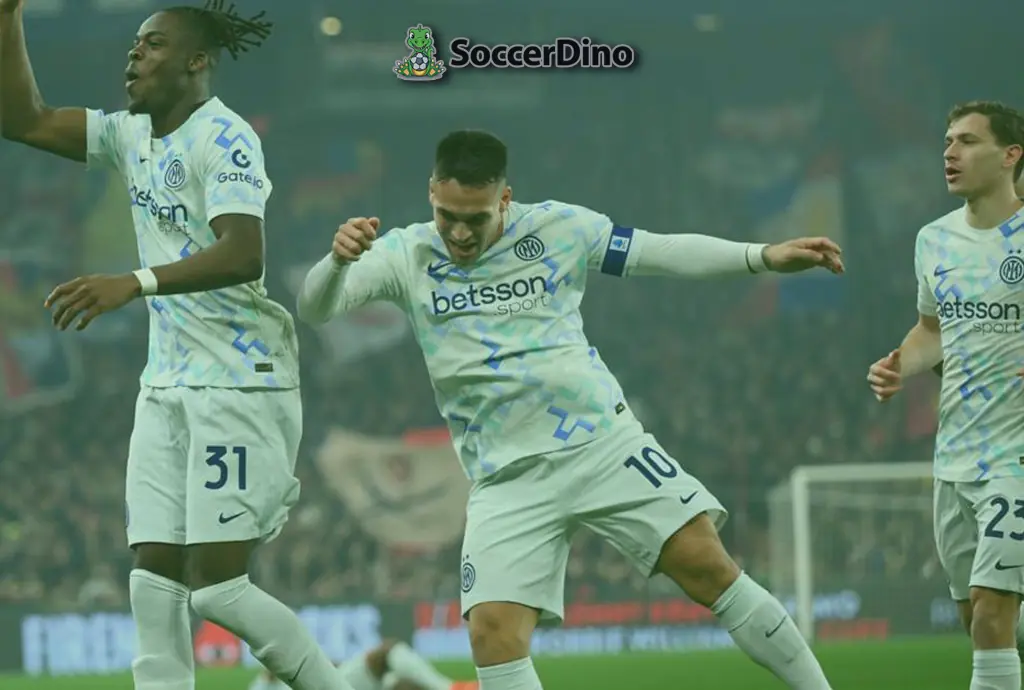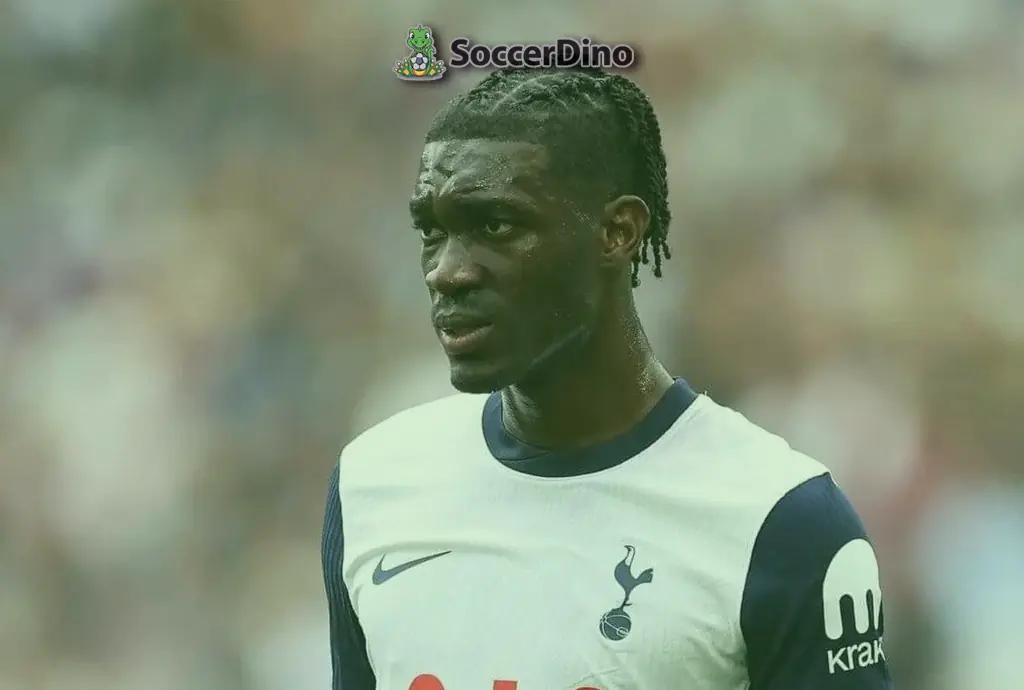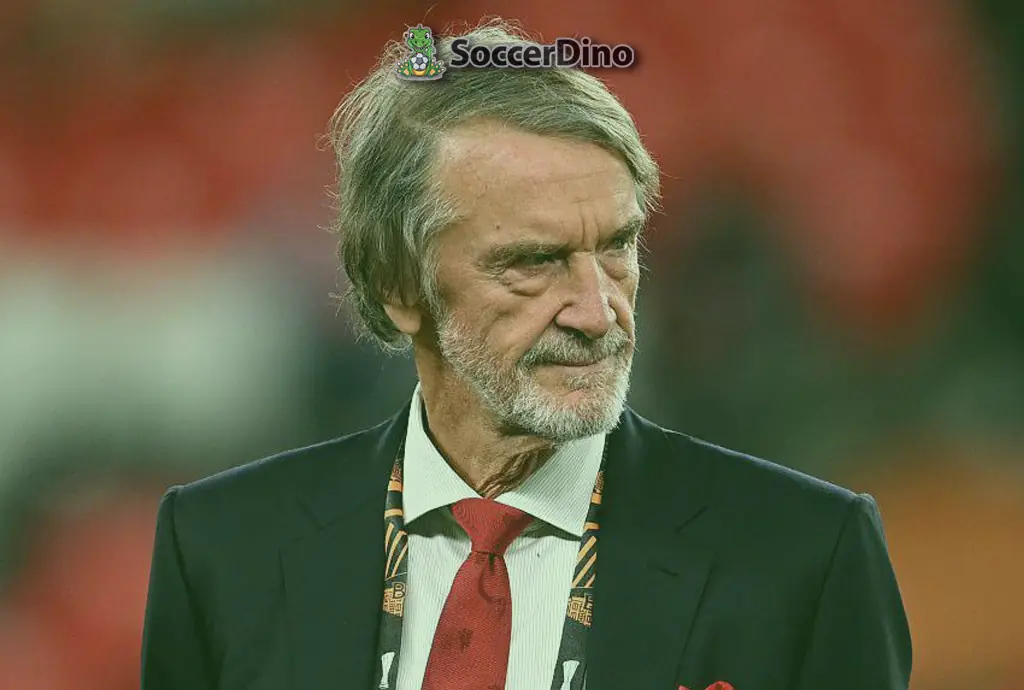Napoli coach Walter Mazzarri has apologized to the fans after his team was torn apart by Frosinone in the Coppa Italia tournament on Tuesday evening.

Walter Mazzarri's tenure at Napoli, following the departure of Rudi Garcia, has been marked by a series of challenges, the most recent being the team's unexpected collapse in the Coppa Italia match against Frosinone.
This defeat was particularly startling given Napoli's status as league champions and their recent success in qualifying for the Round of 16 in the Champions League.
Mazzarri's decision to bring in regular starters Victor Osimhen and Khvicha Kvaratskhelia, usually pivotal in the team's strategy, paradoxically coincided with the team's downturn in the match. This outcome prompted Mazzarri to introspect about the adaptability of his starting players to roles as substitutes, a situation that may not be typical for them. His reflections in the post-match interview with Mediaset reveal his attempt to grapple with the complexities of managing a high-performing team where even small tactical changes can have significant impacts.
The coach's public apology to the fans highlights his awareness of the team's responsibility to its supporters, especially in a high-expectation environment like Napoli. Mazzarri's acknowledgment of the team's loss of courage in the final phase of the match and his emphasis on maintaining the club's standards regardless of the score reflect his commitment to upholding Napoli's prestigious reputation.
Amidst these challenges, Mazzarri faces the relentless schedule of Serie A, particularly strenuous during the end-of-year period. His comment about the limited time available for training and tactical discussions, especially regarding the defense, underscores the difficulties faced by coaches in balancing preparation with a demanding match calendar. This situation is indicative of broader challenges in modern football, where the congested fixture list often limits teams' ability to train and recuperate adequately.
Mazzarri's experiences at Napoli, navigating these various challenges, highlight the multifaceted role of a football coach in the contemporary game. It's not just about making strategic decisions during matches, but also about managing player roles, maintaining team morale, engaging with the fanbase, and dealing with the logistical realities of a crowded football calendar. His journey with Napoli in the coming weeks and months will be closely watched, as it will be a testament to his ability to adapt and steer the team through a period of intense scrutiny and high expectations.
